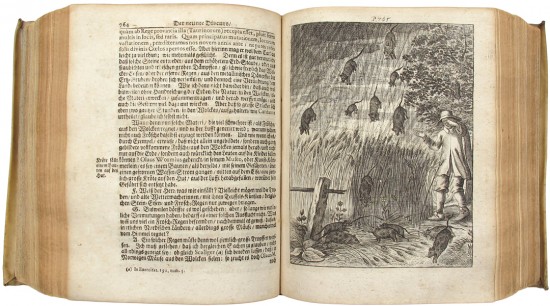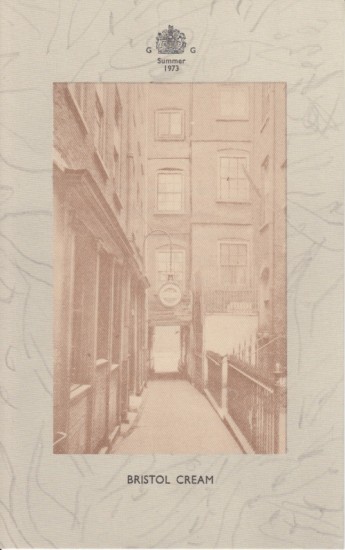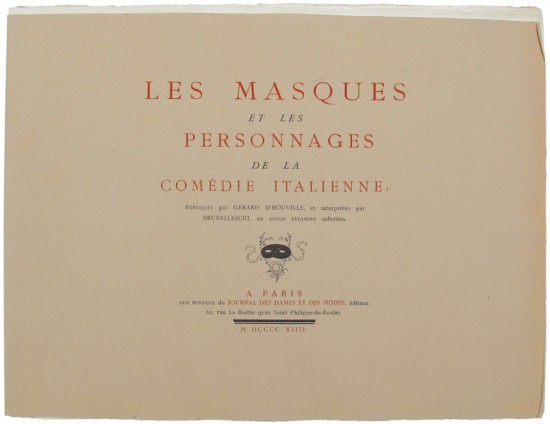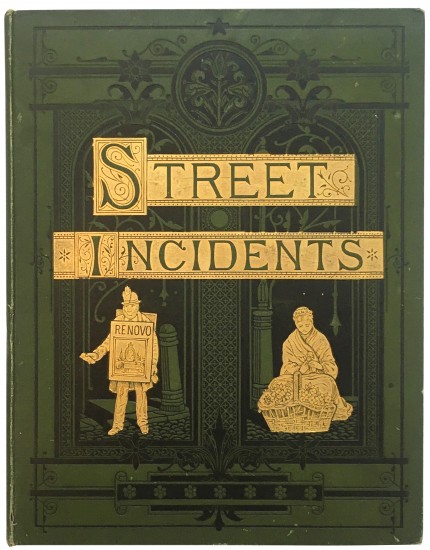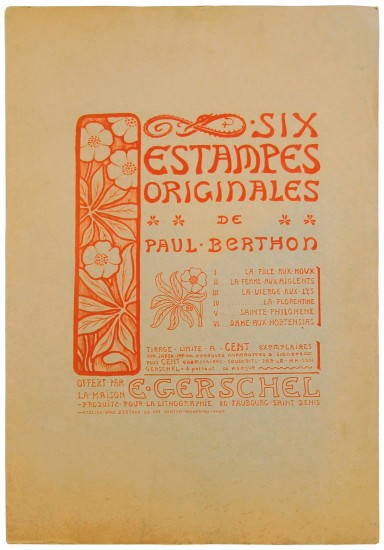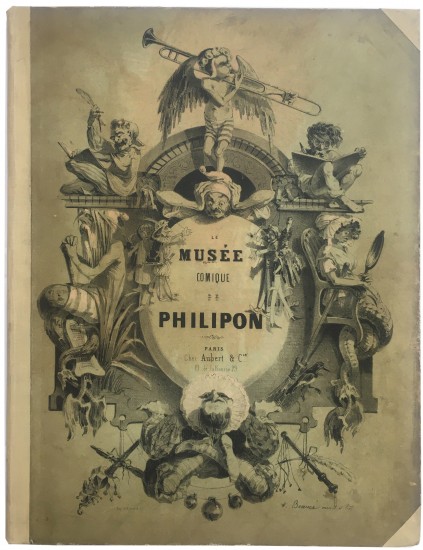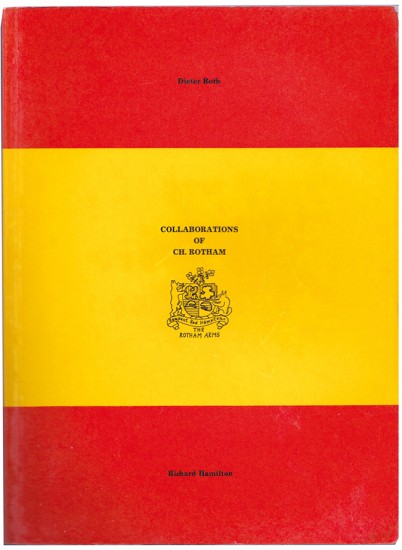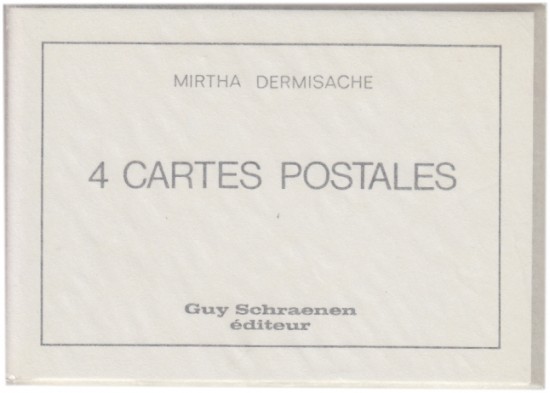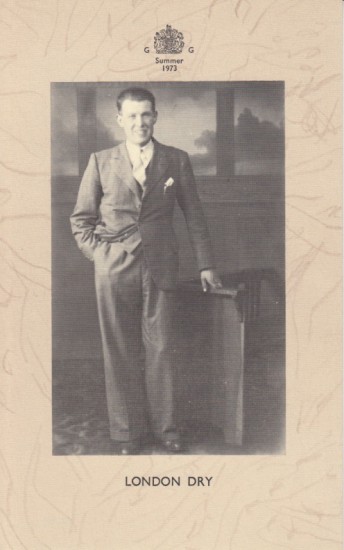Der Wunder-reiche Uberzug unserer Nider-Welt, Oder Erd-umgebende Lufft-Kreys, Nach seinem natürlichen Wesen, manchfaltigen Eigenschafften, Nutzen, und Würckungen, natür- und unnatürlichen, feuer- und wässerigen Erscheinungen
Francisi, Erasmus
Nuremberg. Wolffgang Moritz Endter. 1680
Sold
First edition of Francisi's extraordinary illustrated treatise on bizarre natural phenomena and Fortean wonders.
Written in the form of twenty-three dialogues (more properly debates since there are several voices throughout), Francisi attempts explanations of various meterological mysteries and enigmas, as well as declaiming on the place of humanity in its environment and the influence of that same environment on customs and beliefs. Francisi attempts to assess ' the origin of sound', writes 'on the echo', 'on rainbows', 'on the properties of snow: healthy and unhealthy and all else', 'on thunder, hail and tempests', 'on lights at sea' and 'of the air and its properties' but seems continually distracted, or more properly fascinated, by the obscure and aberrant. Thus, although his appraisal of the 'echo' is clear and analytical, his thoughts on the wind are interrupted with a long description of Chinese (and later Japanese and Peruvian) wind gods and how Chinese sorcerers sell wind (see plate opposite 1016); his descriptions of extreme rains are filed with tales of rains of rats, frogs, snakes, fish and corn (all depicted in plates opposite pages 750 and 764); his section on wind is illustrated with a plate of a cart and horses flying through the air (presumably caught in a tornado) and so on. The remaining plates depict will'o'the-wisps, St. Elmo's Fire, the fata morgana and other mirages, extreme cold with an illustration of Swedish troops frozen into unnatural attitudes at the siege of Copenhagen, witches and warlocks with the ability to make sheep fly, a rain dance and so on.
Francisi (born Erasmus Finx 1627 in Lübeck) was a widely-read polymath in the vein of Athanasius Kircher (with whom he shared many of his more esoteric interests) who worked as a proof reader for the publisher Endter in Nuremberg (in fact also the publisher of this volume). Francisi's wide-ranging knowledge was acquired through his formal studies (his father was a lawyer), his travel, his voracious appetite for reading and his work for Endter and this knowledge is displayed with considerable erudition in the present work. Dealing in the main with the natural sciences, Francisi cites Galileo, Harsdöfer, Copernicus, Kircher, Spielbergen and Hevelius (among many others) freely and with familiarity.
It is not clear whether the engravers for the work, Cornelius Schurtz (six plates) and Johann Böner (12 plates) from Nuremberg, were directed by Francisi as to what to engrave, but it is the plates, in particular those left unsigned, that give this uncharacteristic work its remarkable charm and fascination.
' ... curious Baroque manifestation of the German spirit.' (Auvermann).
'This is the most scientific of Francisci's works. Clouds, rain, snow, winds, storms, tempests, and thunder are described from mostly factual reports. On pp. 29 - 31 is a dialogue between Faust and Mephistopheles about the location of Paradise, the tree of knowledge, the fall from grace, and the rivers of the Garden of Eden.' (Faber du Faur).
[Faber du Faur 741].
Written in the form of twenty-three dialogues (more properly debates since there are several voices throughout), Francisi attempts explanations of various meterological mysteries and enigmas, as well as declaiming on the place of humanity in its environment and the influence of that same environment on customs and beliefs. Francisi attempts to assess ' the origin of sound', writes 'on the echo', 'on rainbows', 'on the properties of snow: healthy and unhealthy and all else', 'on thunder, hail and tempests', 'on lights at sea' and 'of the air and its properties' but seems continually distracted, or more properly fascinated, by the obscure and aberrant. Thus, although his appraisal of the 'echo' is clear and analytical, his thoughts on the wind are interrupted with a long description of Chinese (and later Japanese and Peruvian) wind gods and how Chinese sorcerers sell wind (see plate opposite 1016); his descriptions of extreme rains are filed with tales of rains of rats, frogs, snakes, fish and corn (all depicted in plates opposite pages 750 and 764); his section on wind is illustrated with a plate of a cart and horses flying through the air (presumably caught in a tornado) and so on. The remaining plates depict will'o'the-wisps, St. Elmo's Fire, the fata morgana and other mirages, extreme cold with an illustration of Swedish troops frozen into unnatural attitudes at the siege of Copenhagen, witches and warlocks with the ability to make sheep fly, a rain dance and so on.
Francisi (born Erasmus Finx 1627 in Lübeck) was a widely-read polymath in the vein of Athanasius Kircher (with whom he shared many of his more esoteric interests) who worked as a proof reader for the publisher Endter in Nuremberg (in fact also the publisher of this volume). Francisi's wide-ranging knowledge was acquired through his formal studies (his father was a lawyer), his travel, his voracious appetite for reading and his work for Endter and this knowledge is displayed with considerable erudition in the present work. Dealing in the main with the natural sciences, Francisi cites Galileo, Harsdöfer, Copernicus, Kircher, Spielbergen and Hevelius (among many others) freely and with familiarity.
It is not clear whether the engravers for the work, Cornelius Schurtz (six plates) and Johann Böner (12 plates) from Nuremberg, were directed by Francisi as to what to engrave, but it is the plates, in particular those left unsigned, that give this uncharacteristic work its remarkable charm and fascination.
' ... curious Baroque manifestation of the German spirit.' (Auvermann).
'This is the most scientific of Francisci's works. Clouds, rain, snow, winds, storms, tempests, and thunder are described from mostly factual reports. On pp. 29 - 31 is a dialogue between Faust and Mephistopheles about the location of Paradise, the tree of knowledge, the fall from grace, and the rivers of the Garden of Eden.' (Faber du Faur).
[Faber du Faur 741].
pp. [xx] (includes frontispiece), 1450, [30], [2] (blank). Pages 297 - 304 duplicated, mispaginations throughout. Thick 4to. (208 x 172 mm). Engraved frontispiece, title printed in red and black and 27 engraved plates (one folding), six by Schurtz, 12 by Boener and ten unsigned, as well as numerous typographical ornaments. Black letter text.. Contemporary full vellum with yapp edges, manuscript calligraphic title to spine, red speckled edges.
#40577
